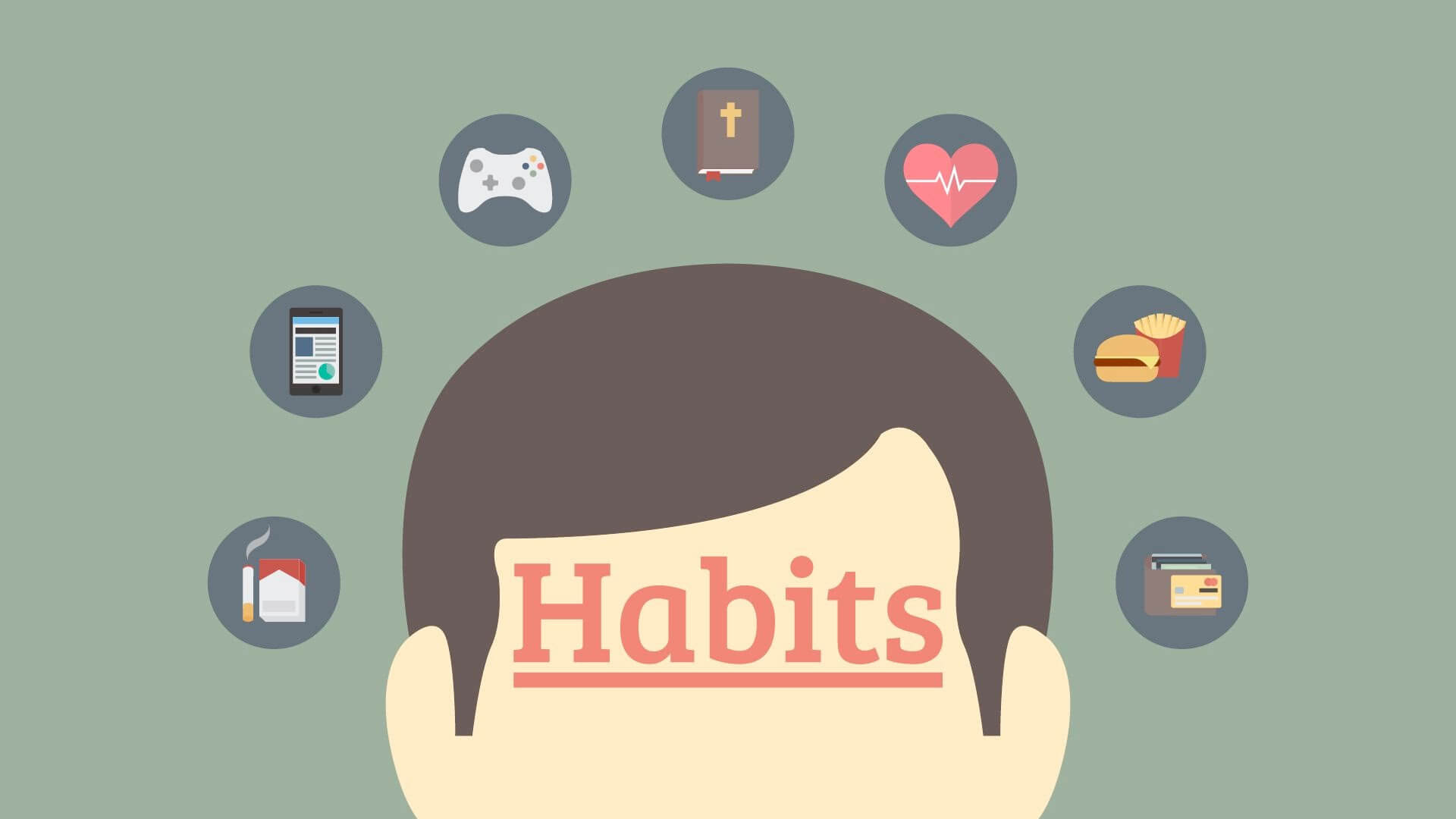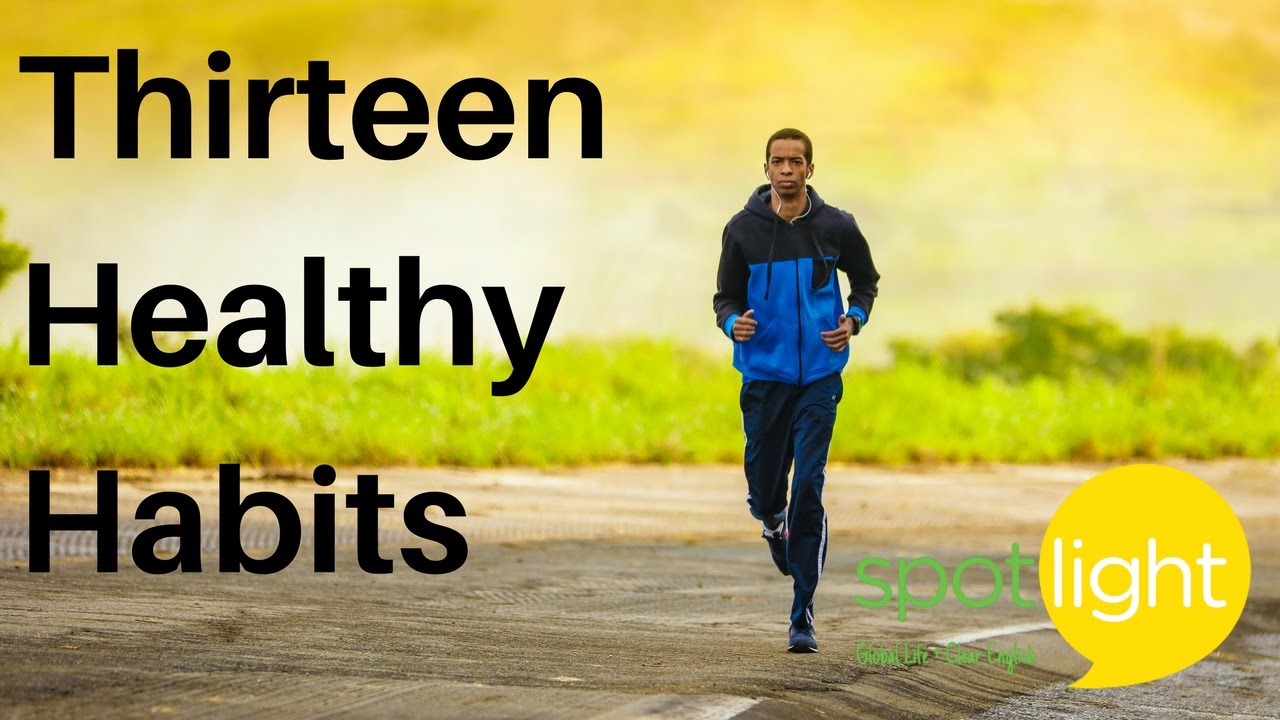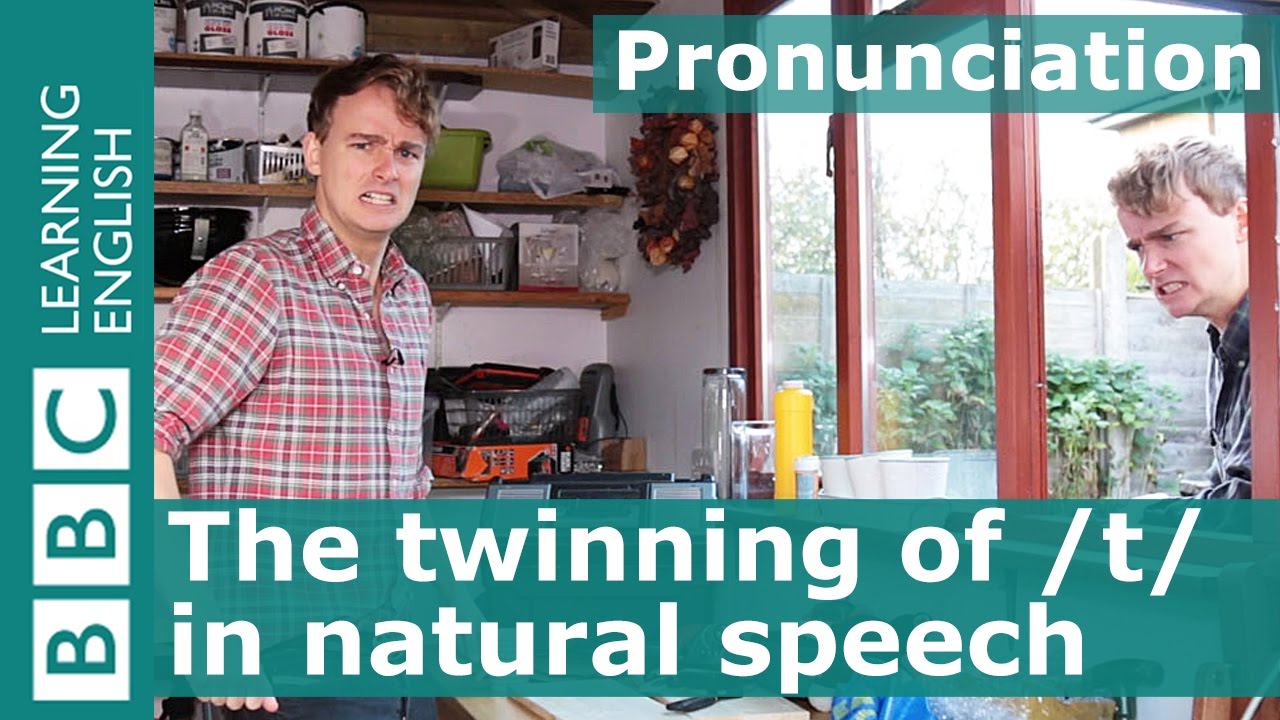Thirteen Healthy Habits
Sometimes it may seem difficult for people to improve their health. We are either too busy, too tired or we simply have no desire! The first step is good health habits - actions we do every day, without thinking. Anyone can add these thirteen habits to their lives.

One of the first things you’ll notice when learning a language is the speed at which natives speak. Even if you understand words written on the page, when you hear them spoken at full speed by a native speaker you can feel like you’re listening to a confusing collection of random sounds.

Audio
Transcript
Voice 1
Thank you for joining us for today’s Spotlight. I’m Ruby Jones.
Voice 2
And I’m Joshua Leo. Spotlight uses a special English method of broadcasting. It is easier for people to understand, no matter where in the world they live.
Voice 1
Some people believe that the number 13 brings bad luck. But instead, today, the number 13 is going to bring you health!
Voice 2
On today’s Spotlight, we will share thirteen different ways to improve your health.
Voice 1
Sometimes it may seem difficult for people to improve their health. We are either too busy, too tired or we simply have no desire! The first step is good health habits - actions we do every day, without thinking. Anyone can add these thirteen habits to their lives.
Voice 3
Healthy habit number one: eat breakfast every morning.
Voice 2
Research shows that eating a meal in the morning results in less body fat, lower cholesterol counts and less chance of over eating. Eating breakfast can help people feel better physically and mentally through the day. And, children who eat breakfast are usually more awake and do better in school! A good breakfast includes foods from many different food groups like fruits, vegetables, and grains.
Voice 3
Healthy habit number two: eat fish.
Voice 1
The American Health Association suggests eating fish two times each week. Fish is low in bad fat, or saturated fat. Saturated fat can fill your arteries. The arteries carry blood through the body. But fish has good fat, or omega-three fatty acid. Research shows that Omega-three fatty acid can reduce the risk of heart disease. Omega-three acids may also help people with allergies. Allergies cause a person’s body to react badly to things in the environment - like pollen from plants, dirt and animal hair. Some people do not like fish. And some people cannot easily get fish. If this is your situation, try to eat soybeans, nuts, or flaxseed!
Voice 3
Healthy habit number three: get enough sleep.
Voice 2
Poor sleep quality can affect our memory and learning. It can also cause traffic accidents! Studies show that people who do not get enough sleep seem to get in more accidents. So stay safe and sleep! Experts advise getting at least seven hours of sleep a night.
Voice 3
Healthy habit number four: make social connections.
Voice 1
Spending time with other people can also improve help. David Jenkins is a doctor. He says that being social like this can be very helpful to our health. Social groups can provide support. They might include church or religious groups, sport teams, art or music groups. The people in the group can offer advice. They can help each other in difficult times. And they give members a sense of belonging in the community. Also, being involved in a group keeps your mind busy. An active mind is a healthy mind!
Voice 3
Healthy habit number five: exercise.
Voice 2
Exercise is very important for good health. It helps control a person’s body weight. Weighing too much can cause problems. Exercising also helps grow healthy muscles, bones, and joints. It reduces the risk of high blood pressure and diabetes. Exercising reduces the risk of death from heart disease. And it provides mental well-being. Exercise helps people to think and move better. It helps manage stress, improves emotions, and gives people lots of energy!
Voice 3
Healthy habit number six: care for your teeth.
Voice 1
Research shows that taking care of your teeth can add over six years to your life! The blood supply to your mouth and teeth is linked to the rest of your body. If our teeth are not healthy, often our hearts are not healthy. That is because bacteria from our mouth can enter our blood system. Then it can travel to our hearts! So remember to wash, brush and clean between your teeth!
Voice 3
Healthy habit number seven: have a hobby.
Voice 2
A hobby is something that you enjoy doing. It could be running, reading or making something with your hands. Hobbies help people to relax and rest. Hobbies bring us joy. Everyone could use a little more joy in their lives!
Voice 3
Healthy habit number eight: protect your skin.
Voice 1
The sun produces ultraviolet, or UV rays. These rays can harm our skin. UV rays can cause wrinkles and dryness. Too much sun can also lead to painful sun burns and cancer. Experts suggest always protecting your skin with protective skin substances, or clothing. They also suggest avoiding the sun between ten in the morning until three in the afternoon.
Voice 3
Healthy habit number nine: eat healthy between meals.
Voice 2
Eating between meals is called snacking. Many people snack on unhealthy foods - foods that are high in sugar, salt or fat. Fruits and vegetables are a better choice. Fruits and vegetable can help the body fight sickness. They keep the heart healthy. And they improve memory and reduce the risk of some cancers! Remember an apple a day keeps the doctor away.
Voice 3
Healthy habit number ten: drink water.
Voice 1
Our bodies are made of mostly water. In fact, our bodies are sixty to seventy percent water! Water helps our bodies work right. Water helps to clear our bodies of harmful waste materials. Eight glasses of water a day does a body good!
Voice 3
Healthy habit number eleven: drink tea.
Voice 2
There is some evidence that drinking tea may help improve memory. Tea may prevent problems with our teeth. And we have already learned about the importance of caring for our teeth! Tea may even help prevent cancer and heart disease! It does not matter if you like tea hot or cold, it is good for you either way!
Voice 3
Healthy habit number twelve: take a walk every day.
Voice 1
We have already discussed the importance of exercise. Walking is an easy way to add exercise to our lives. Instead of taking your car, try walking to where you need to go. Instead of meeting friends for a meal, meet them for a walk. Show your children the beautiful world around you - take them for a walk. Once you try, you will find that adding a walk into your daily life is very easy.
Voice 3
Healthy habit number thirteen: have a plan.
Voice 2
Sometimes being healthy may seem difficult. We get busy. We forget. We feel tired. There are many reasons why people are not healthy. But, there are so many more reasons why people should be healthy. Our lives depend on it. So, the best way to be healthy is to make a plan.
Voice 1
Plan on the days when you will exercise, and exercise on those days.
Voice 2
Plan healthy meals. Make a list of the healthy foods you need. Only buy the foods on your list.
Voice 1
Plan to go to bed on time. Make sure you get enough sleep.
Voice 2
Plan a walking date. Find a friend who likes to walk and meet him or her a few times each week.
Voice 1
There are many ways to stay healthy. All it takes is knowledge and a plan!
Voice 2
The writer of today’s program was Rebekah Schipper. The voices you heard were from the United States and the United Kingdom. Computer users can visit our website at www.radioenglish.net. This program is called “Thirteen Healthy Habits.”
Voice 1
How do you stay healthy? Do you have a health plan? Write us and tell us about your health habits at radio@radioenglish.net.
Maybe you are interested

In these exciting videos, co-produced by the BBC and the British Council, learn how English works as the hosts explore British culture around the UK. Suitable for intermediate learners.

Do you want to sound more natural when you speak English? Do you sometimes struggle to understand native speakers' pronunciation? This series is for you! Join him now in his pronunciation workshop.

Why is it that adults can't learn English naturally, easily and effectively like children when it comes to English as a second language?


